Your progress
0%
There are a number of things CBR can do to ensure that people with disabilities and their families receive the medical care they need and are entitled to.
Use your mouse or keyboard to expand each of the activity headings below. To add an activity to your action plan, select the Add button beside it.
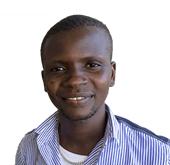
Knowledge of the medical services available at primary, secondary and tertiary levels of the health system is essential for assisting people with disabilities and their families to access medical care and support.
CBR can:
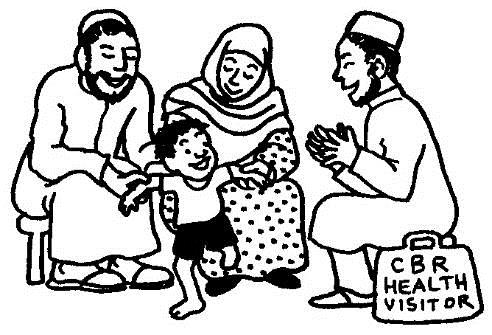
CBR programmes can:
Learn about an awareness-raising campaign in India that provided information about early signs of leprosy.
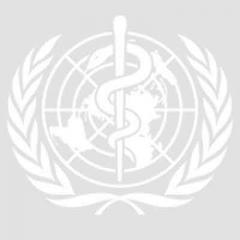

CBR run by two non-governmental organizations in the Mandya District of India collaborate with the national leprosy programme. They are involved in awareness-raising activities that provide information about the early signs and symptoms of leprosy and encourage people with suspected lesions to visit their nearest primary health-care service.
People who are diagnosed with leprosy commence a 6- to 12-month treatment regimen, which is provided free by the primary health-care sbuild-your-action-planice. If people fail to attend treatment, the primary health-care service requests the CBR to follow up with these individuals.
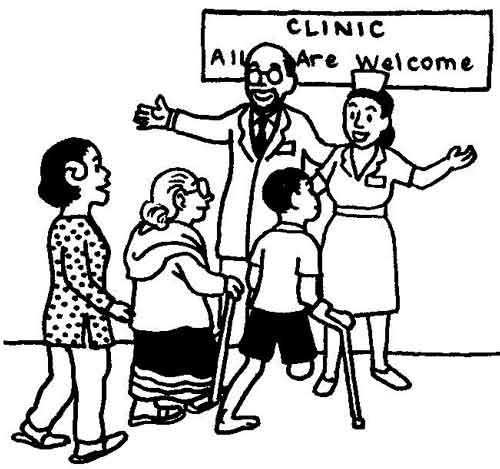
CBR can promote and encourage collaboration between people with disabilities, their families and primary health care workers to increase access to medical care services at all levels. Suggested activities include:
Some people with disabilities may require surgical care. When combined with follow-up care and rehabilitation, surgery can:
CBR can do a number of things to support positive surgical outcomes, including the following.
CBR can assist people with disabilities and their families to become aware of their right to medical care and to learn skills that enable them to manage their chronic health conditions. It is suggested that CBR:
Learn how support groups were formed to help people in Nicaragua take responsibility for the management of their own health.
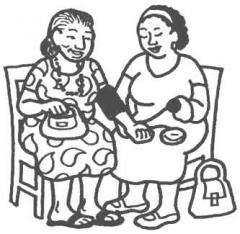

In Nicaragua, there are “clubs” for people with chronic conditions such as high blood pressure or diabetes. These clubs, or support groups, add to the efforts of the health care system by ensuring that people are able to take responsibility for the management of their own health and prevent the development of further conditions and impairments.
In club meetings, people talk about their problems, learn how to self-monitor their health conditions and explore solutions such as developing healthy lifestyles.
Club management committees carry out fundraising activities to help cover the costs of medicines and laboratory tests, which are not usually provided by the health system. The CBR programme collaborates with these support groups to ensure that people with disabilities are included.
Medical personnel often have limited knowledge about disability and how best to enable access for people with disabilities to medical care services. By making contact with medical services and building relationships with staff, CBR programmes can develop a network that can be used to facilitate referrals and comprehensive medical care for people with disabilities.
CBR can:
Learn how a multi-sectoral team came together in Indonesia to raise awareness about disability issues.


CBR in South Sulawesi, Indonesia, has a multi-sectoral team including village health workers, primary-school teachers and community volunteers, many of whom have disabilities or are family members of a person with a disability.
The CBR team has regular training sessions with personnel from all levels of the health system. These sessions provide great opportunities for networking, promotion of the medical care needs of people with disabilities and promotion of the role of CBR and medical care services.
CBR also organises referral visits for individuals who need surgery and coordinates with district authorities to provide transport to the regional capital for specialized services